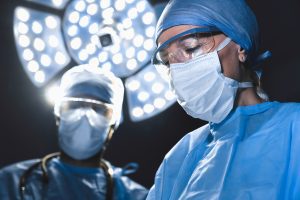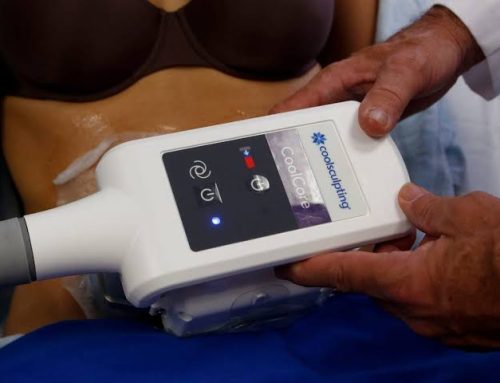Introduction
Plastic surgery is a transformative journey that individuals embark on to enhance their appearance and boost their confidence. However, one common question that arises is whether it’s safe to undergo plastic surgery procedures during menstruation. Understanding the dynamics of the menstrual cycle, hormonal fluctuations, and their impact on surgical outcomes is crucial for making informed decisions about timing plastic surgery procedures. In this article, we’ll explore the factors involved in having plastic surgery during your period and provide insights into considerations for optimal surgical outcomes.

What happens during the period?
The menstrual cycle is a natural process that occurs in women of reproductive age, typically lasting around 28 days. During this time, the body undergoes hormonal fluctuations, including changes in estrogen and progesterone levels, which regulate the menstrual cycle and prepare the uterus for potential pregnancy. Menstruation, or the shedding of the uterine lining, occurs approximately every 28 days in the absence of pregnancy.

What are hormonal fluctuations during period?
Hormonal fluctuations during the menstrual cycle can impact various physiological processes, including blood clotting, immune function, and tissue healing. Estrogen and progesterone levels rise and fall throughout the menstrual cycle, influencing factors such as blood flow, tissue inflammation, and pain perception. These hormonal changes may affect surgical outcomes and recovery periods following plastic surgery procedures.

Are there surgical risks during period?
During menstruation, women may experience changes in blood volume and clotting factors, which can affect the body’s response to surgical procedures. Elevated estrogen levels may increase blood flow and vascular permeability, leading to increased bleeding during surgery. Additionally, fluctuations in platelet levels and clotting factors may impact wound healing and increase the risk of post-operative complications, such as hematoma formation or delayed wound healing.

What are the physical and emotional aspects of period, when considering plastic surgery?
In addition to physiological factors, it’s essential to consider the physical and emotional aspects of menstruation when scheduling plastic surgery procedures. Many women experience discomfort, bloating, fatigue, and mood swings during their menstrual period, which may impact their ability to tolerate surgical procedures and recover effectively. It’s essential for individuals to prioritize their physical and emotional well-being when planning plastic surgery during menstruation.

Conclusion
While it’s generally safe to undergo plastic surgery procedures during menstruation, several factors should be considered to optimize surgical outcomes and minimize risks. Understanding the dynamics of the menstrual cycle, hormonal fluctuations, and their impact on blood levels, tissue healing, and emotional well-being is crucial for making informed decisions about timing plastic surgery procedures. Consulting with a qualified plastic surgeon and discussing individual concerns and preferences can help ensure a safe and successful surgical experience. Ultimately, prioritizing physical and emotional well-being during menstruation is key to achieving optimal results and enjoying the transformative benefits of plastic surgery.
.

Disclaimer: The content on this blog is intended for general informational purposes only. It is not a substitute for professional medical advice, diagnosis, or treatment. Always consult qualified healthcare providers for personalized advice. Information regarding plastic surgery, dental treatment, hair transplant, and other medical procedures is educational and not a guarantee of results. We do not assume liability for actions taken based on blog content. Medical knowledge evolves; verify information and consult professionals. External links do not imply endorsement. By using this blog, you agree to these terms.










